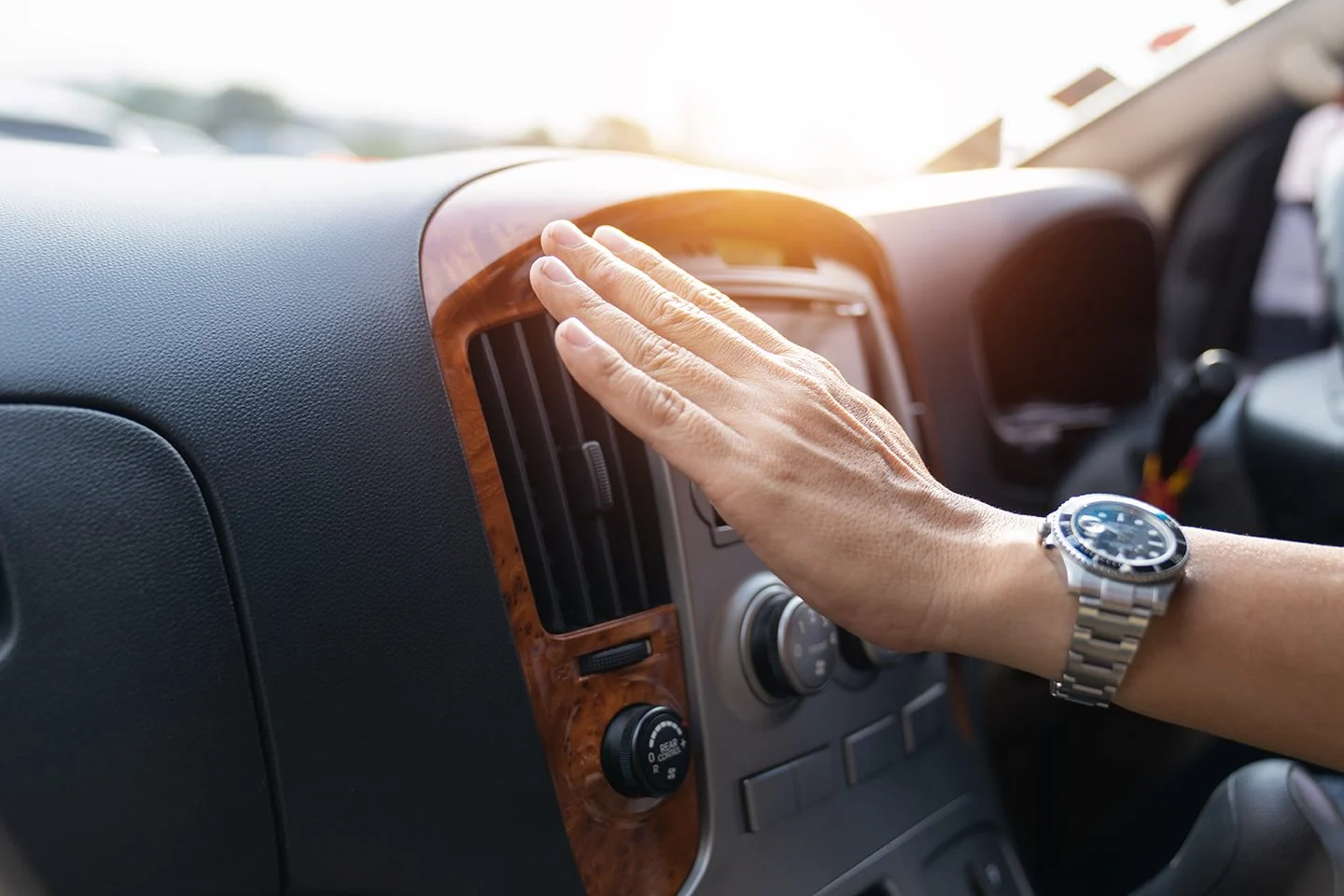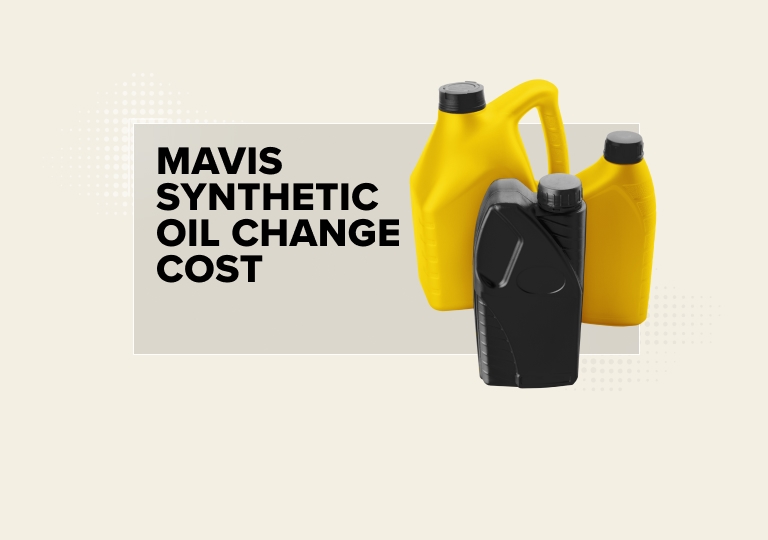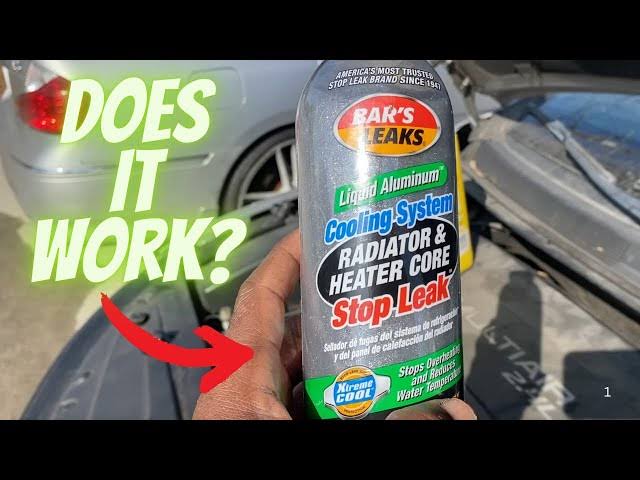Does Heat Burn Gas In A Car?

If you’re wondering whether the heat in your car uses gas, the answer is yes, but it’s not as straightforward as it may seem. The car’s heating system is intricately tied to the engine, and understanding how it works can help you grasp the relationship between heat and fuel consumption. In this article, we’ll explain how your car’s heating system works, whether it burns gas, and tips on how to manage fuel usage during cold weather.
How Does the Heating System in a Car Work?
The car’s heating system primarily uses heat generated by the engine to warm up the cabin. Here’s how the process works:
- Engine Heat: The engine produces heat as it runs, which is a byproduct of the combustion process. The engine coolant absorbs this heat.
- Coolant Circulation: The hot coolant is then circulated through a heater core, which acts like a small radiator. The air from the cabin is blown over the heater core, warming it up and releasing heat into the cabin.
- Blower Fan: A blower fan pushes the warm air from the heater core into the cabin, keeping you comfortable on cold days.
Unlike the air conditioning system, which runs on a separate compressor powered by the engine, the heating system utilizes heat from the engine coolant, meaning it doesn’t require additional fuel to produce warmth directly.
Does Heat Use Gas in a Car?
While the car’s heating system itself does not burn gas directly, using the heat in your car can indirectly lead to increased fuel consumption. Here’s why:
1. Increased Engine Load
When you use the heater in your car, the engine has to work harder to maintain its operating temperature. The engine has to produce extra heat to keep both the cabin warm and the engine coolant at the proper temperature. This extra effort can result in a slight increase in fuel consumption. However, the increase in gas usage is minimal compared to other factors that affect fuel efficiency, such as driving habits or idling for long periods.
2. Increased Idle Time
If you’re using the heater while the car is idling, the engine burns fuel to keep running, which can lead to unnecessary fuel consumption. While idling, the car’s engine still needs to operate the heating system, which can burn a bit more fuel than when the car is in motion. This is especially noticeable when you’re in stop-and-go traffic or sitting in your car with the engine running for extended periods.
3. Impact of Engine Warm-up
When you first start your car on a cold morning, the engine is still warming up. Using the heater during this time can put extra stress on the engine, and since the engine isn’t running at its most efficient temperature, the car may burn more fuel to reach optimal operating conditions.
4. Fuel and Engine Efficiency
In modern cars, the impact of using the heater on fuel consumption is generally minor. The heating system draws heat from the engine coolant, not directly from the fuel tank, and most cars are designed to handle this without significant fuel penalties. However, older cars or cars with less efficient engines might see a more noticeable decrease in fuel economy when using the heater.
Can Using the Heat Really Affect Fuel Economy?
The short answer is yes, but the effect is minimal. On average, the increase in fuel consumption due to using the heater is usually less than 1-2 miles per gallon (MPG). The exact impact on your car’s fuel economy depends on various factors, including:
- The outside temperature: The colder it is outside, the harder your engine has to work to generate heat for the cabin. On extremely cold days, this could lead to a slightly higher fuel consumption.
- How long you use the heater: If you’re using the heater constantly during your commute, especially while idling, it could contribute to a small reduction in MPG.
- Your car’s fuel efficiency: More fuel-efficient vehicles are less likely to see a significant impact when using the heater, while older cars may experience a slight drop in efficiency.
Tips for Using Heat Efficiently in Your Car
If you want to minimize the impact of using the heat on your fuel economy, here are some tips:
1. Start the Car Efficiently
Instead of letting the car idle for long periods, try to start driving gently once the engine has warmed up a bit. Modern engines don’t require long warm-up times, and this can reduce fuel waste while letting the heater warm up more efficiently.
2. Use the Defrost Feature Wisely
The defrost function can be particularly useful in winter, but keep in mind it often uses the A/C system to prevent fogging. This can put extra strain on the engine. If it’s not needed for visibility, try using the heater alone.
3. Turn Off the Heater When You Don’t Need It
If you’re in traffic or at a stoplight, consider turning off the heater once your cabin is warm. Keeping the heater running while idling can contribute to unnecessary fuel consumption.
4. Keep Your Vehicle Well-Maintained
A well-maintained vehicle runs more efficiently, using less fuel for all its functions, including heating. Regular maintenance like checking your coolant levels and ensuring the thermostat works correctly will help the engine run more smoothly and reduce unnecessary fuel consumption.
5. Use Seat Warmers Instead
If your car has heated seats, consider using them instead of running the heater full blast. Heated seats use less energy than heating the entire cabin, and they can provide direct warmth to you without putting additional strain on the engine.
Conclusion
In conclusion, while the heat in your car doesn’t directly burn gas, using the heater can lead to a slight increase in fuel consumption due to the extra load placed on the engine. This effect is generally small and shouldn’t drastically impact your fuel efficiency. The key is to manage your car’s engine and heater usage wisely, particularly when idling or during long periods of heating. By maintaining your vehicle and using the heater efficiently, you can enjoy a warm ride without worrying too much about fuel economy.
Also Check:
• Does the Heater Use Gas in a Car?





